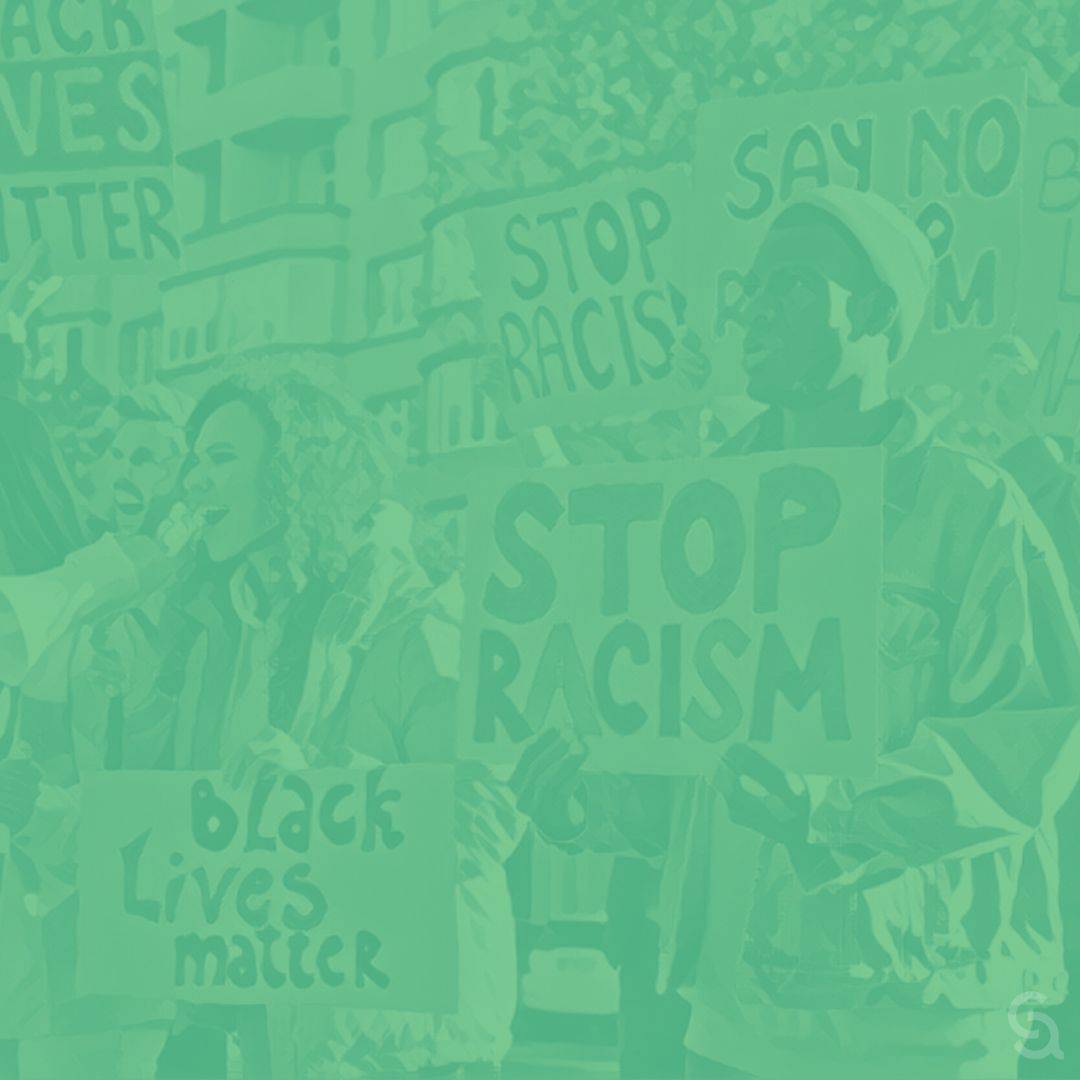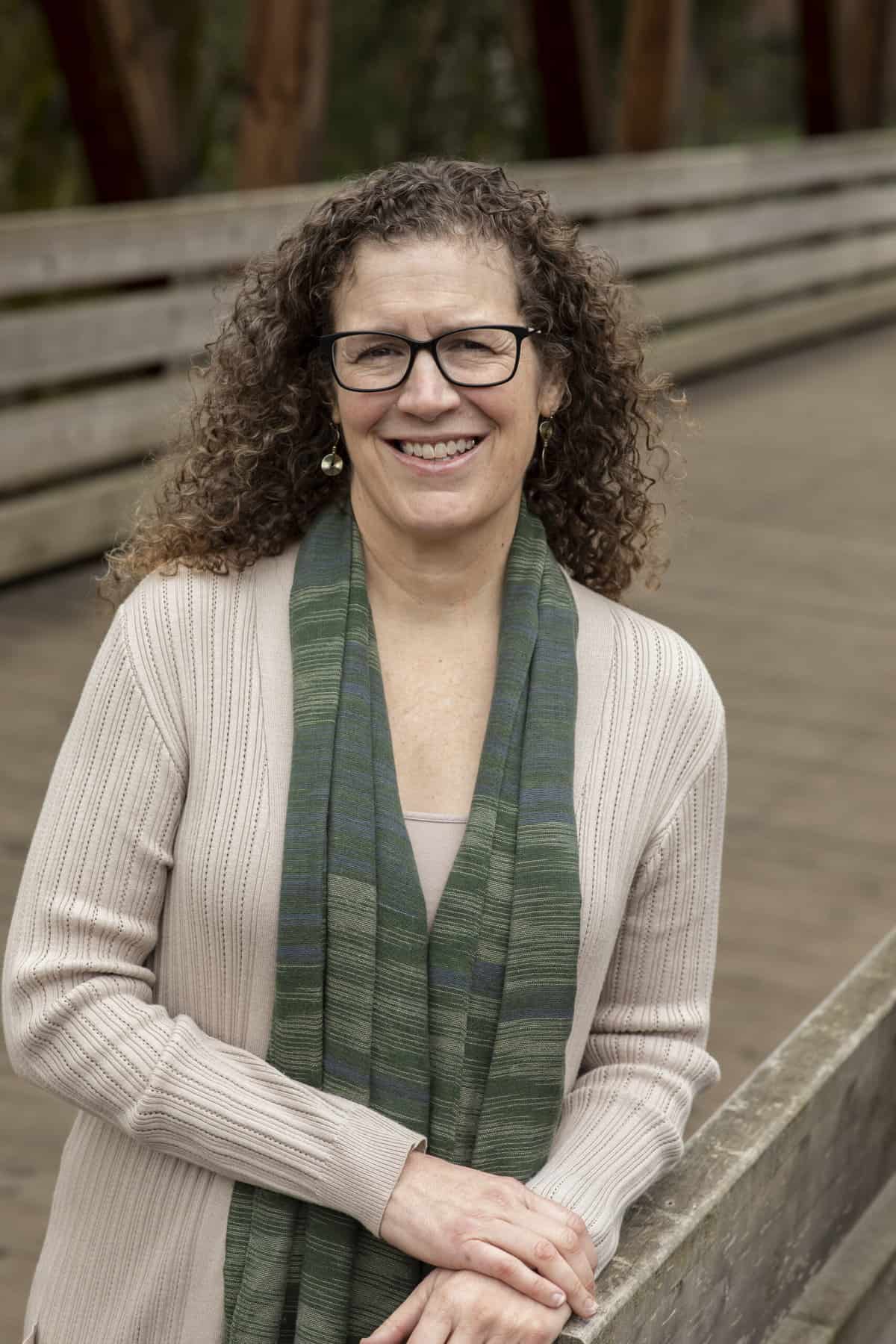
My prayer life has never been richer than in the past few years, because my children were becoming adults and I have sometimes felt an acute need for divine intervention in their lives. Prayers also seem increasingly urgent because of the state of our world. So much of our environment appears well beyond our control, especially when safe spaces no longer feel safe, when a man can walk into a church sanctuary, or a movie theater, or a night club, or a grocery store and begin firing at will. In this chaos, this unknowing, we tend to ameliorate our fear by trying to exert control, making our environment knowable again.
And praying, with desperation, that things might change, that we could return to the way things were, when we could go into a grocery store unconcerned about a deadly virus or the specter of an active shooter. (Though, of course for some, the way things were was never safe or predictable in the first place.) Anne Lamott, writing about prayer for the New York Times, noted that many of us are “absolutely undone” by the world’s tragedies. Her only recourse in the face of so much human misery is to “listen, commiserate, and offer to pray.” We cannot alleviate everyone’s pain, fear, and suffering, Lamott says, but “by opening my heart to someone in trouble, I create with them more love, less of a grippy clench in our little corner of the universe.” For Lamott, for me, and for countless others, prayer is one antidote to the chaos we confront every day. Our earnest hope is that the people we love most will feel heard and loved and protected through our prayers.
Still, younger people see with clearer eyes the ways our earnest prayers may not be enough. After every mass shooting, politicians send out their thoughts and prayers to victims of the tragedy, an impulse so ubiquitous that the gesture now seems pro forma because those thoughts and prayers are never followed by meaningful action that might make young people safer. In the aftermath of the school shooting in Uvalde, Texas, in May 2022, one young adult wrote the cry of her generation: “Gen Z is done with just ‘thoughts and prayers.’” The writer, Gabrielle Abdelmessiah, notes the ways gun violence has shaped her generation, critiques the performative empathy of her elders, and argues that her peers will one day soon be “obtaining positions of power” and “will not tolerate” the chaos, the violence, the empty prayers, the lack of substantive change any longer.
Bryce Colefield, an activist in Oregon, preached at my church about the need for people to “pray with their feet,” echoing the words of Rabbi Abraham Joshua Heschel, who spoke these words after a voting rights march from Selma to Montgomery in 1965. Many young adults like Colefield see clearly that the old ways of living were not just, equitable, or loving. Because they’ve survived in a world beset by chaos, they tend to know that any sense of control is a chimera. Instead of giving way to fear, though, so many are charged with optimism, a belief that the world they are creating can be a better place, one where far more of us can flourish and become who God has created us to be. This generation gives me hope because they have so much to teach us. They are reforming society and culture through their creativity, activism, and compassion, and with the same foundational belief John Woolman expressed, that every living creature deserves to be treated with the utmost kindness.
Whether they are believers or not, members of Gen Z are praying with their feet. Despite facing enumerable threats to their lives, young adults are not necessarily paralyzed with fear, hunkering down in their homes to avoid the very real possibility of random mass shootings or race-based aggression. Instead, despite their anxieties, they are working hard to make change.
Some young adults are also redefining the terms of activism, using the digital tools they’ve grown up with to amplify causes and creatively confront those who abuse their power. Some notable examples: In 2020, young adults reserved thousands of free tickets for a Trump rally in Tulsa, Oklahoma, ghosting the then president at the actual event. For a president hyper-focused on his audience size, showing up to an emptier arena than he had planned was deeply embarrassing. Organizers have also relied on TikTok and other social media platforms to call out racism and misogyny, and to press for environmental policies that might slow the disastrous effects of climate change. An organization called Gen Z for Change has helped mobilize young adults, and in the past year, Gen Z for Change led an effort to flood a Virginia state tip line set up to report “woke” teachers who were discussing critical race theory, and overwhelmed Starbucks with 88,000 fake job applications after the company fired several employees who were trying to unionize. In July 2022, a member of Gen Z for Change, Olivia Julianna, fundraised nearly $2 million for reproductive rights the day after a Florida congressman fat-shamed her on his Twitter feed, doubling down on his comment that pro-choice women are “odious” in their appearance. Rather than succumbing to fear, these young people are choosing justice, a significant means of expressing love for their neighbors by relying on the tools they know intimately.
I’ve witnessed the ingenuity and energy of young adults in my community as they push institutions to become more inclusive; as they confront the racism and misogyny they’ve experienced in classrooms and church sanctuaries; as they call their elders to account for failing to consider their safety and well-being. Given the state of the world, we may be tempted to despair, but I hope we will remember this. The passion and creativity of young adults can help save us, if only we relinquish control of what we think they should be doing and how they should be responding to the fears they face. If only we let go of our golden calves, those ways of being that we believe are inviolate. If only we allow them to teach us.
If only we pray with our feet too.
This is hard work, requiring a good bit of courage, trust in those far younger than us, and a willingness to revise our mindsets to recognize that there is more than one way to change the world. As we strive for the perfect love of God, we can relinquish our paralyzing fear and learn from Gen Z how to add action to our thoughts and prayers.
This essay is adapted from an excerpt from  Finding Our Way Forward: When the Children We Love Become Adults (Herald Press, 2023). All rights reserved; reproduced here with permission.
Finding Our Way Forward: When the Children We Love Become Adults (Herald Press, 2023). All rights reserved; reproduced here with permission.
Melanie Springer Mock is a Professor of Language and Literature at George Fox University, Newberg, Oregon. She is the author or co-author of six books, and her essays and reviews have appeared in The Nation, Christian Feminism Today, The Chronicle of Higher Education, and Ms. Magazine, among other places.


